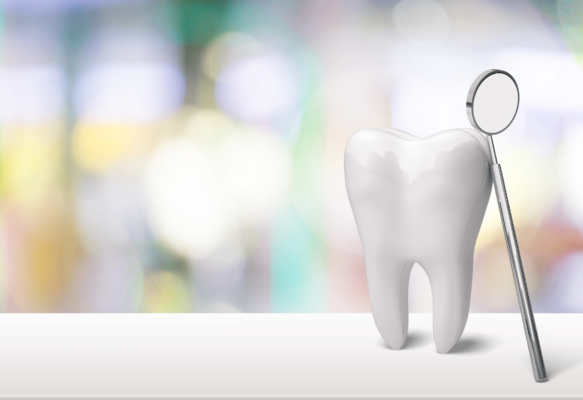Your smile is a reflection of your overall well-being, and its health depends not only on oral care but also on the habits you indulge in. Nail-biting and teeth grinding are two seemingly innocuous habits that can silently wreak havoc on your oral health. In this blog, we’ll delve into the detrimental effects of these common habits and explore strategies to break free for the sake of your smile.
Nail-Biting: A Habit That Bites Back
The Hidden Impact on Teeth and Gums: Nail-biting, also known as onychophagia, isn’t just a nervous tick; it poses real risks to your oral health. The constant pressure and friction can chip, crack, or wear down your teeth, leading to structural damage that requires dental intervention. Additionally, the germs residing beneath your nails find their way into your mouth, increasing the risk of infection and oral diseases.
Breaking Free: Strategies for Overcoming Nail-Biting:
- Mindfulness: Become aware of triggers that prompt nail-biting, such as stress or boredom. Practice mindfulness techniques like deep breathing or meditation to redirect this energy.
- Keep Nails Trimmed: Shorter nails are less tempting to bite. Regularly trim your nails and maintain them with a nail file to avoid jagged edges.
- Nail Polish or Bitter-Tasting Products: Coat your nails with clear nail polish or use products with a bitter taste to discourage nail-biting.
- Substitute Habit: Substitute nail-biting with a healthier habit, like using a stress ball or fidget toy to keep your hands occupied.
- Professional Help: If nail-biting is persistent, consider seeking professional help, such as behavioral therapy or counseling.
Teeth Grinding: The Silent Enemy of Teeth
Understanding Bruxism: Teeth grinding, or bruxism, typically occurs during sleep and often goes unnoticed until its effects become evident. The constant grinding exerts excessive force on teeth, leading to enamel erosion, chipped teeth, and jaw pain. Long-term bruxism can even result in TMJ disorders and chronic headaches.
Strategies to Combat Teeth Grinding:
- Nightguards: A custom-made nightguard provides a protective barrier between your upper and lower teeth, preventing the harmful effects of grinding.
- Stress Management: Since stress is a common trigger for bruxism, incorporating stress-relief techniques like yoga, exercise, or meditation can reduce grinding.
- Caffeine and Alcohol Moderation: Limiting caffeine and alcohol intake, especially in the evening, can help mitigate teeth grinding.
- Warm Compresses: Applying warm compresses to your jaw before sleep can relax the muscles and reduce grinding tendencies.
- Consult Your Dentist: Regular dental checkups allow your dentist to detect signs of bruxism and recommend appropriate treatment options.
Prioritize Your Oral Health: Break the Cycle
Nail-biting and teeth grinding might appear harmless, but their impact on your oral health is undeniable. By acknowledging these habits and implementing proactive strategies, you can safeguard your smile and maintain optimal oral well-being. Prioritize your oral health by curbing these habits and embracing a healthier, happier smile that truly reflects your inner vitality. Contact Encore Dentistry for guidance, support, and professional advice on overcoming these habits and achieving your best smile. Your future self will thank you for the positive change.


